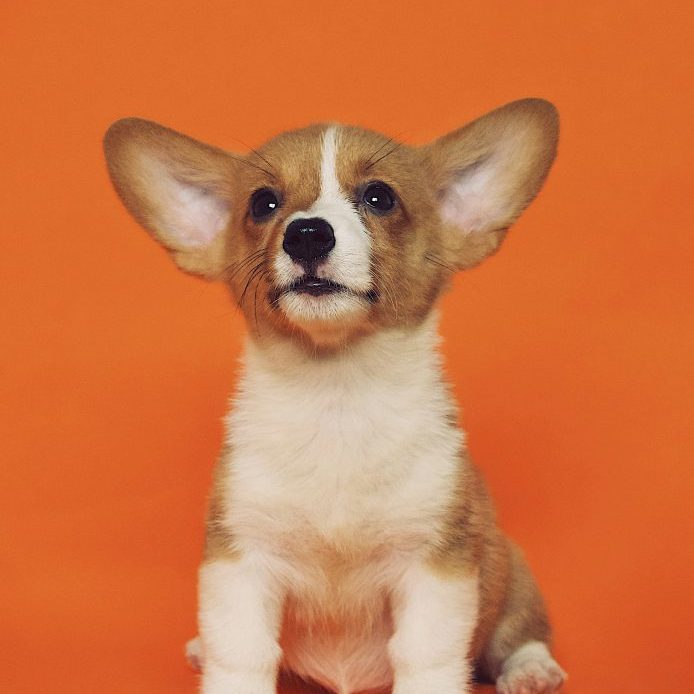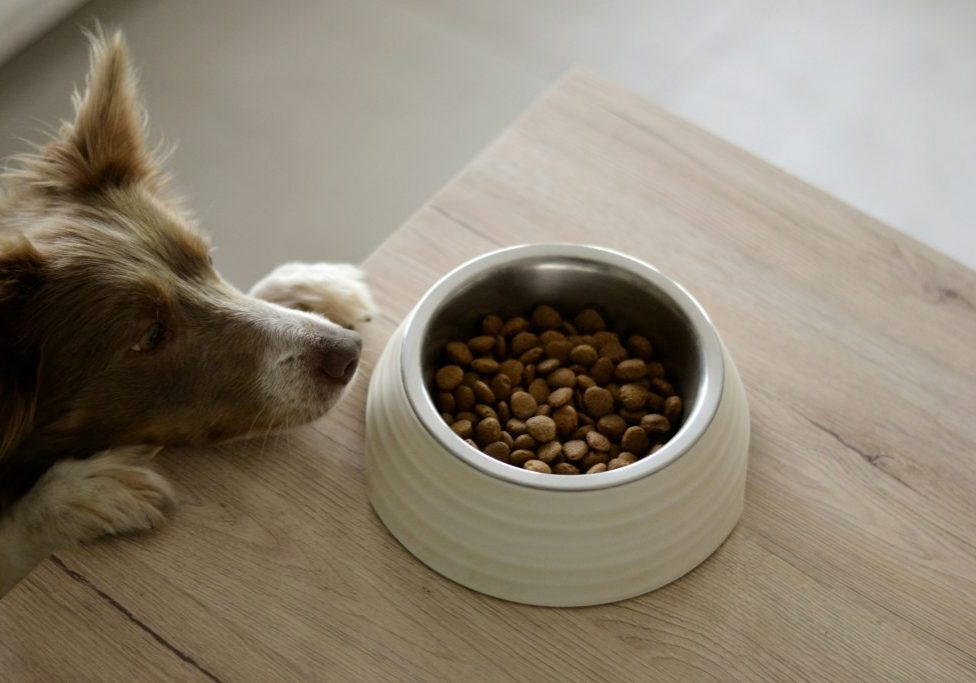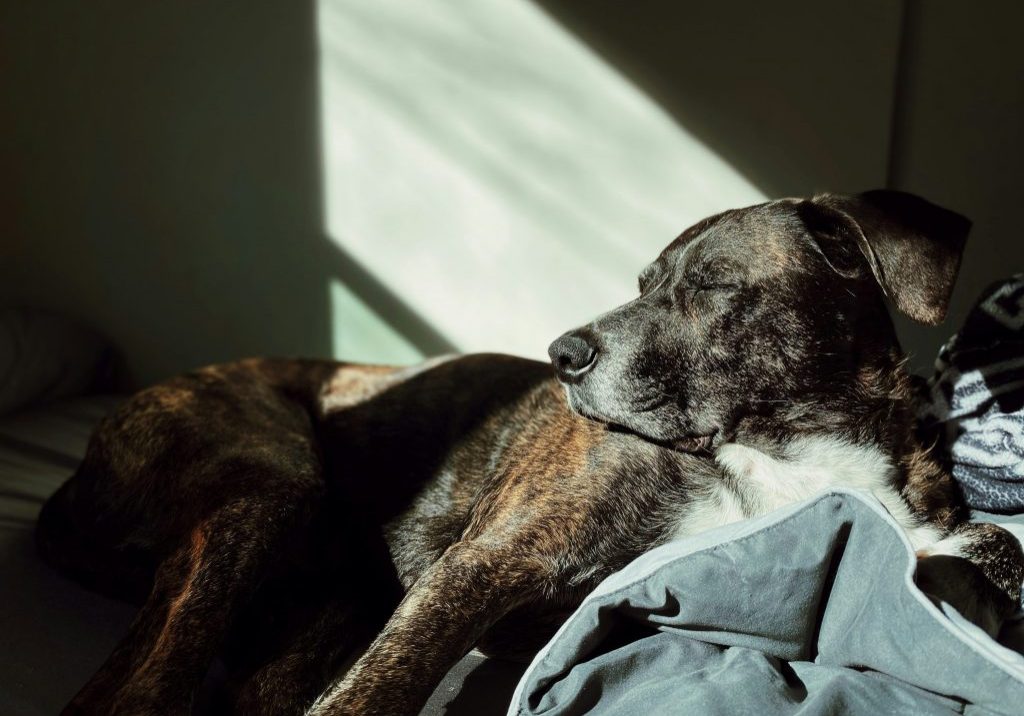Where To Get Your Puppy From

hwllo-sniffer.co.uk/where-to-get-your-puppy-from
December 3, 2024
Sniffer_Admin
Bringing home a puppy is an exciting milestone, but deciding where to get your new furry friend is a big decision. With so many options available, how do you ensure you’re making the right choice for both you and your future pet? Let’s explore the best (and not-so-great) places to find your puppy and what you need to look out for along the way.
Reputable Breeders
If you’ve decided on a specific breed, a reputable breeder is often your best bet. These breeders are dedicated to the welfare of their dogs and work hard to ensure the health, temperament, and quality of their puppies.
Signs of a reputable breeder include:
- Health Testing: They’ll provide proof of health screenings for genetic conditions common in the breed.
- Family Environment: Puppies are raised in a home, not a kennel, and are well-socialised with people and other animals.
- Open Communication: They’ll happily answer questions, show you the puppy’s parents, and may even ask you questions to ensure you’re a good fit.
Pro Tip: Always visit the breeder in person and avoid buying puppies online without meeting them first—no matter how tempting the convenience might seem.
Rescue Centres
For those open to any breed or mixed breed, rescue centres and animal shelters are fantastic places to find a puppy or even an older dog. Adopting gives a dog a second chance at life and can be a rewarding experience.
Things to know about rescue centres:
- Variety: Puppies may be less common, but when they do arrive, they’re often snapped up quickly—so keep an eye on listings.
- Health and Vaccination: Most rescue organisations spay/neuter and vaccinate dogs before rehoming.
- Support: Many shelters offer post-adoption support to help you settle your puppy into their new home.
Adoption fees typically range from £100 to £300, making it a cost-effective option compared to buying from a breeder.
Trusted Friends or Family
Occasionally, you might find a puppy through a friend or family member whose dog has had a litter. If you know the people well and trust their care and ethics, this can be a good way to bring home a pup.
However, make sure they’ve followed responsible breeding practices, including health checks for both parents. Avoid agreeing to take a puppy just to “help out” if you’re not sure the timing or circumstances are right for you.
Pet Stores
While it might seem convenient, pet stores are often not the best place to get a puppy. Many stores source their dogs from puppy farms (more on those below), where the focus is on profit rather than animal welfare.
If you do consider a pet store, ensure they work exclusively with reputable breeders and can provide full documentation of the puppy’s history. But let’s be honest—this is rare.
Avoid Puppy Farms
Puppy farms, also known as puppy mills, are commercial breeding facilities where dogs are treated as commodities rather than living beings. Dogs in these environments are often kept in poor conditions, with minimal socialisation and little regard for their health.
Warning signs of a puppy farm:
- No Visit Allowed: The seller won’t let you meet the puppy’s parents or see where they were raised.
- Multiple Litters Available: They have a constant supply of puppies in various breeds.
- Pushy Sales Tactics: You feel rushed to buy or guilted into making a decision.
Pro Tip: If something feels off, walk away. It’s better to wait for the right puppy than support unethical practices.
Online Marketplaces
Websites like Gumtree or Pets4Homes can be legitimate platforms for finding puppies, but they’re also rife with scams and unethical breeders.
When using these platforms:
- Be cautious of ads offering multiple breeds or “too good to be true” prices.
- Insist on meeting the puppy and their parents in person.
- Check for red flags, such as vague descriptions or reluctance to provide documentation.
What About Imported Puppies?
Some puppies are imported from overseas, and while there are ethical breeders abroad, this process can be risky. Puppies may be transported in poor conditions, arrive unwell, or not meet UK standards for vaccinations and health checks.
If you’re considering an imported puppy, ensure the breeder follows all legal requirements, including proper documentation and vaccinations.
Do Your Homework
No matter where you decide to get your puppy, research is crucial. A bit of preparation now can save you a lot of heartbreak later. Check reviews, ask for recommendations, and trust your instincts.
Remember, a puppy is a long-term commitment, and their start in life has a huge impact on their health, behaviour, and happiness. Choosing the right source is the first step toward giving them the loving, happy home they deserve.
Your perfect puppy is out there—you just need to know where to look!









